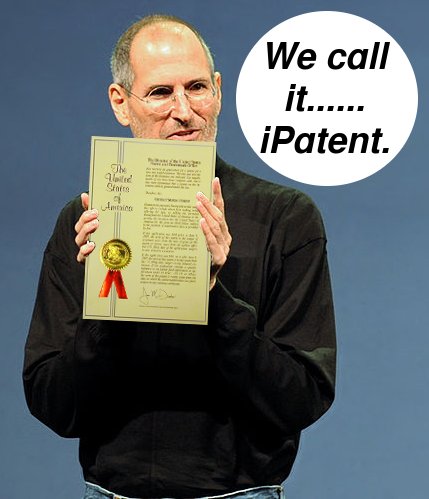

Original photo by Matt Buchanan; edited by Techrights
IN THE PREVIOUS post we showed Microsoft putting its staff in the world's leader in phones (CEO's position, no less). Mobile platforms are crucial for Microsoft's long-term survival and since Zune and "KIN" are disasters (they share a platform) and Vista Phone 7 [sic] has all it takes to become a failure, Microsoft will need to play dirty, which it already does, e.g. with 'Linux tax' on Android (i.e. extortion [1, 2, 3, 4, 5, 6, 7]).
“[I]sn't Zunepass, or Zunekin, whatever they call it this week, the same thing as their failed former music service that used play[s] for sure and shut down its servers leaving folks with nothing and no way to play those DRM music files they bought?”
--Chips B. MalroyChips B. Malroy showed us this new article some days ago and asked, "isn't Zunepass, or Zunekin, whatever they call it this week, the same thing as their failed former music service that used play[s] for sure and shut down its servers leaving folks with nothing and no way to play those DRM music files they bought?"
Yes, well, Zune is a disaster and it probably will die sooner or later (leaving users stranded), just like "KIN" and many other Microsoft products. Microsoft has nothing appealing in the pipeline, so we are guessing that Microsoft will just position itself as a patent company in this area and continue to find new sellouts that pay Microsoft for mobile Linux, i.e. for products Microsoft has nothing to do with. Let's keep a close eye on Nokia.
Paul Rubens has just remarked on the mobile "OS Turf Wars" and he too makes fun of Microsoft's offering (which will almost certainly suffer from WPF's demise).
In fact Microsoft doesn't do very well when it comes to consumer gadgets -- the Zune was supposed to be an iPod killer, remember? Hence, it's almost inevitable that Windows Phone 7 will be far less desirable than much of the competition in the smartphone market. Somehow I can't see the kids abandoning their iPhones for some clunky Asus rig running Windows Phone 7.
"They [EPO examiners] claim that the organisation is decentralising and focusing on granting as many patents as possible to gain financially from fees generated." —Expatica, European Patent Office staff on strike